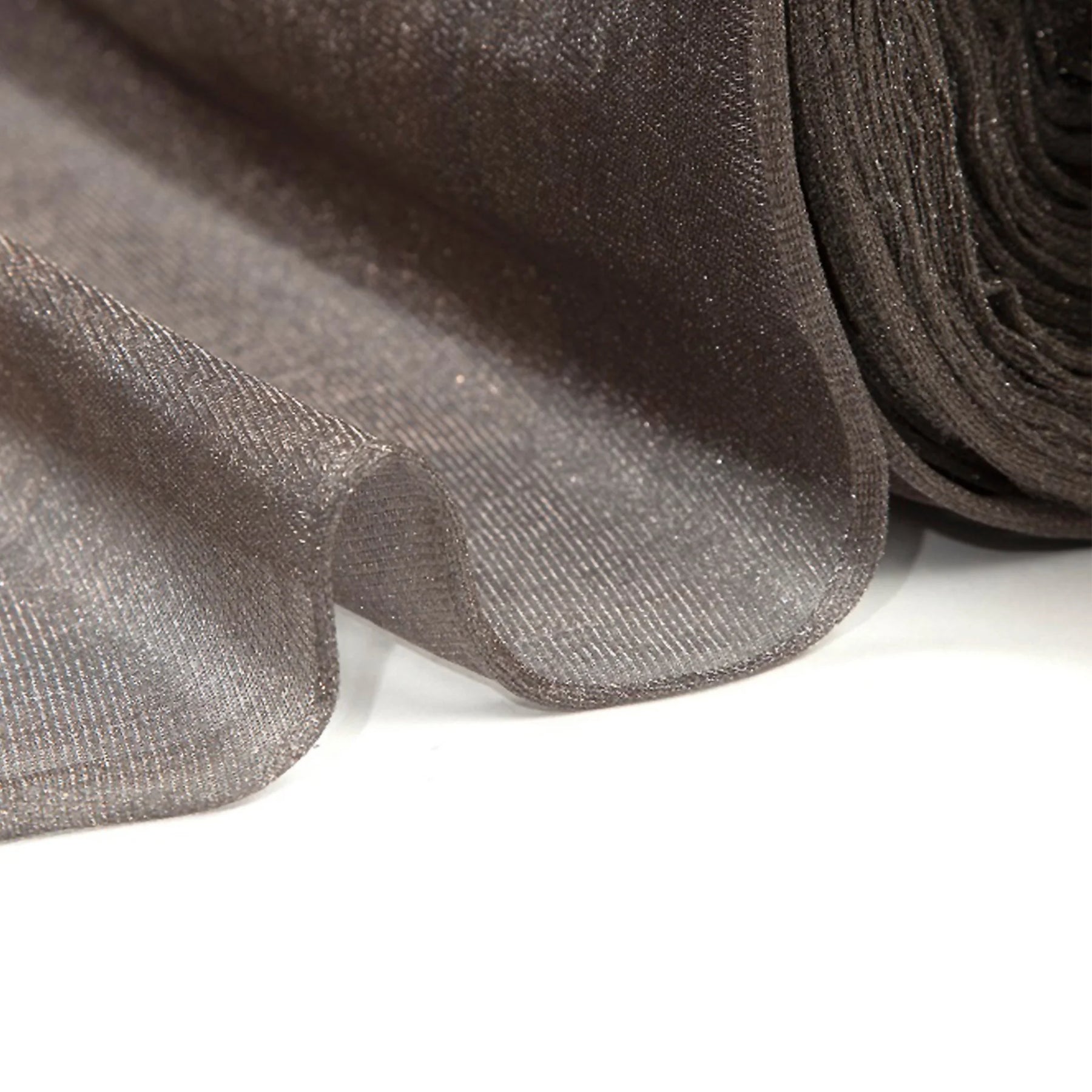+1 (855) 267-2582
+1 (855) 267-2582

Outline:
H1: Introduction to EMF Fabrics
H2: What is EMF?
H2: Importance of EMF Shielding
H3: Everyday exposure to EMF
H3: Health concerns related to EMF
H2: Differentiating Between EMF Fabrics
H3: EMF fabrics for Apparel, Bed Linens, and Window Treatments
H4: Common characteristics
H4: Benefits for personal use
H3: EMF fabrics for Industrial Use
H4: Industrial characteristics
H4: Protection levels and use-cases
H3: Using Industrial EMF Shielding Fabrics at Home
H4: Walls, floors, and ceilings: Why and How?
H4: Benefits and considerations
H2: Comparing and Contrasting the Various Uses
H3: Key differences
H3: Which one is right for you?
H1: Conclusion
H1: FAQs
Introduction to EMF Fabrics
We're living in a world where electronic devices are ubiquitous. From smartphones to Wi-Fi routers, we're constantly surrounded by electromagnetic fields (EMFs). But have you ever paused to consider the implications of these omnipresent waves? This article dives deep into the world of EMF fabrics, comparing their usage in personal items like apparel and bed linens with their industrial counterparts and even those used in home construction.
What is EMF?
EMF stands for electromagnetic field. Think of it like the invisible waves that emanate from any device or equipment that uses electricity. Ever felt that weird sensation when you're near high-voltage power lines? That's a strong EMF in action.
Importance of EMF Shielding
Everyday exposure to EMF
From the buzzing of our alarms to late-night Netflix binges, our daily routines expose us to a cocktail of EMFs. And while the occasional interaction may not be harmful, continuous exposure might be a different story.
Health concerns related to EMF
Ever heard of the phrase, "Too much of a good thing can be bad?" The same applies to EMFs. While they're crucial for our tech-driven lifestyles, there's growing concern about the potential health impacts of prolonged exposure. This is where EMF shielding fabrics come into play.
Differentiating Between EMF Fabrics
EMF fabrics for Apparel, Bed Linens, and Window Treatments
Common characteristics
These fabrics are soft, breathable, and often indistinguishable from regular materials. But the magic lies in their intricate weaves, which incorporate metallic threads capable of deflecting EMFs.
https://www.emrss.com/collections/emf-protection-fabric
Benefits for personal use
Imagine sleeping under a blanket that shields you from the EMFs of your charging devices or wearing clothes that reduce your exposure during the day. Peace of mind? Definitely.
EMF Fabrics for Industrial/Construction Shielding and Use
Industrial characteristics - EMF Shielding Metalized Fabric
These are the heavy-duty versions. They're thicker, designed to withstand extreme conditions, and are crucial in areas with high EMF activity like power plants or tech hubs.
https://www.emrss.com/collections/shielding-metalized-fabric
Protection levels and use-cases
Given their robust nature, industrial EMF fabrics offer a higher level of protection. They're used in environments where the stakes are high and EMF exposure can be intensely concentrated.
Using Industrial EMF Shielding Fabrics at Home
Walls, floors, and ceilings: Why and How?
There's been a rising trend in employing industrial-grade EMF shielding fabrics in homes, especially for those who are particularly sensitive to EMFs or living close to high EMF emitting sources. These fabrics are incorporated into the walls, placed beneath floors, and fitted between the roof and ceiling. They act as a barrier, reducing the penetration of external EMFs into the living space.
Benefits and considerations
By integrating these fabrics into home infrastructure, you're creating an EMF sanctuary. The primary benefit is the dramatic reduction of EMF exposure, leading to a healthier living environment. However, it's essential to consult with professionals when installing these fabrics to ensure they're correctly positioned and effective.
Comparing and Contrasting the Various Uses
Key differences
While all EMF fabrics aim to shield against EMFs, their design, texture, application, and level of protection can differ substantially. Whether it's a soft fabric for your bed, a heavy-duty fabric for an industrial site, or a protective layer within your home walls, each serves a unique purpose.
Which one is right for you?
Your environment, concerns, and needs determine the right fabric. It's not just about personal protection anymore but also about creating a safer living space in our electronic age.
Conclusion
As our world becomes more electrified, the need for protection grows. Whether through clothes, bed linens, industrial setups, or even the very walls of our homes, EMF fabrics are evolving to meet these diverse needs. By understanding the differences and applications, you can make informed choices for a safer tomorrow.
FAQs
Why is there a need for EMF fabrics?
With increasing reliance on electronic devices, the potential risks from prolonged EMF exposure have become a concern.
Are all EMF fabrics the same?
No, there are variations based on usage – personal, industrial, or home infrastructure.
How can I use EMF shielding in my home's infrastructure?
You can integrate them into walls, under floors, and between roofs and ceilings. Always consult a professional for installation.
Are there any side effects of using EMF fabrics in home construction?
No known side effects, but proper installation is essential for effectiveness and safety.
How do I ensure the EMF fabrics used in my home are effective?
Obtain fabrics from reputable companies with a proven track record similar to ours, and utilize measurement devices for EMF, such as the AF-5000.
Leave a comment